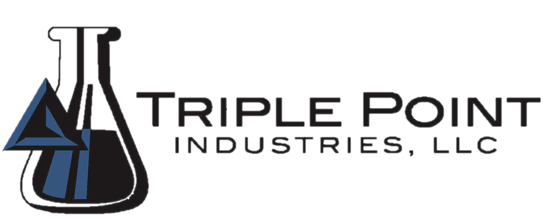COAGULANTS
Coagulation is a vital chemical water treatment process employed to eliminate suspended solids from water by altering the charge of these suspended particles. The process initiates with the addition of a coagulant, which is typically a metallic salt having an opposite charge to that of the suspended particles. This countercharge neutralizes the electrical charge of the suspended particles, leading to the formation of larger aggregates known as floc. Subsequently, the floc undergoes a more physical treatment phase known as flocculation to facilitate the removal of the suspended solids from the water.
Coagulation and flocculation are fundamental steps in water and wastewater treatment, as they help clarify water, remove particulate matter, and improve water quality. These processes are widely used in municipal water treatment plants, industrial processes, and other applications where the removal of suspended solids is essential to ensure safe and clean water.
